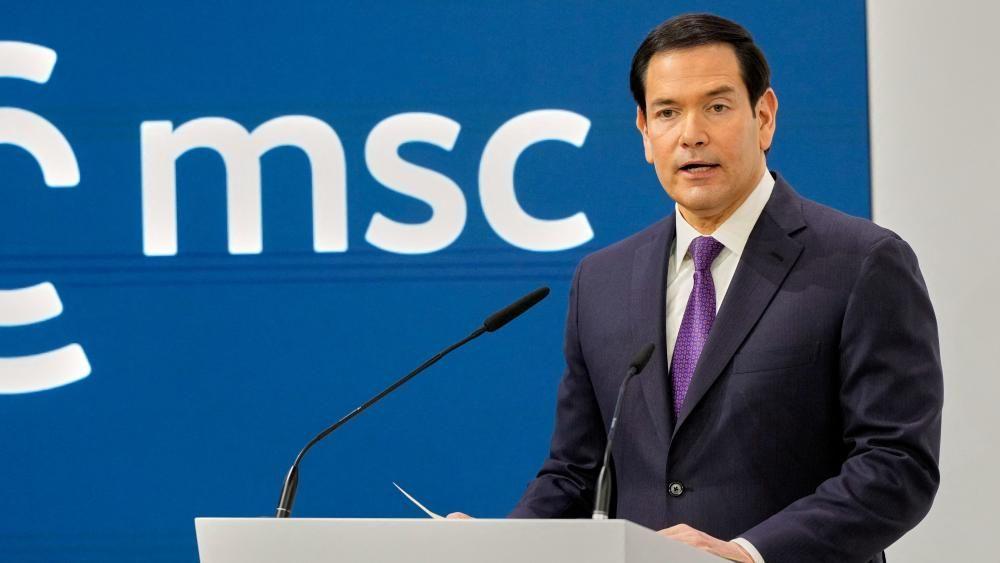Trump Vows Radical Healthcare Overhaul: Obamacare Under Fire as Senate Republicans Rally

The United States government experienced its longest shutdown in history, reaching its 39th day, as a profound political impasse over healthcare funding deepened. Amidst this crisis, former President Donald Trump on Saturday issued a radical proposal via social media, urging Senate Republicans to divert federal funds currently subsidizing health insurance costs under the Affordable Care Act (ACA) towards direct payments to individuals.
Trump’s recommendation was to cease sending “Hundreds of Billions of Dollars currently being sent to money sucking Insurance Companies in order to save the bad Healthcare provided by ObamaCare.” Instead, he advocated for these funds to “BE SENT DIRECTLY TO THE PEOPLE SO THAT THEY CAN PURCHASE THEIR OWN, MUCH BETTER, HEALTHCARE, and have money left over.” He explicitly called Obamacare the “worst healthcare anywhere in the world” and suggested replacing the existing system with health savings accounts (HSA-style accounts), effectively removing “fat cat” insurance companies from the “corrupt system of healthcare.”
The proposal quickly garnered support from prominent Republican senators, including Lindsey Graham of South Carolina, Rick Scott of Florida, and Bill Cassidy of Louisiana. Graham lauded Trump’s idea as “simply brilliant,” emphasizing the aim to stop taxpayer money from going to insurance companies and instead empower individuals to buy better healthcare. Cassidy, a co-author of a similar 2017 plan, praised the initiative, while Scott declared he was “writing the bill right now” to implement such a system, promising increased competition and lower costs.
However, the Republican senators seemed to overlook critical aspects of their proposal: consumers would still likely need to purchase plans from the same insurance companies, and any legislative change would require the support of at least eight Democrats to overcome a filibuster and reopen the government. Democrats swiftly condemned Trump’s plan. Massachusetts Democrat Elizabeth Warren, citing health policy experts, warned it sounded like a scheme to implement health accounts that might not cover pre-existing conditions, potentially creating a “death spiral” for ACA plans. Vermont independent Senator Bernie Sanders challenged the Republicans’ sudden criticism of insurance companies, advocating instead for Medicare for All as a genuine solution to industry greed.
The standoff had tangible consequences across the nation. Federal workers faced unpaid wages, airlines were forced to cancel nearly 1,500 flights on the second day of cuts, and Supplemental Nutrition Assistance Program (SNAP) benefits were delayed for 42 million Americans. Despite Senate negotiations commencing in earnest, a bipartisan agreement remained elusive. Democrats, led by Senate Minority Leader Chuck Schumer, proposed a one-year extension of the ACA subsidies to alleviate immediate concerns about rising healthcare costs, but this was promptly rejected by Republicans, who expressed unwillingness to continue funding what they deemed an “inferior outcome.”
The Affordable Care Act, signed into law by former President Barack Obama in 2010, is known for key provisions such as allowing individuals under 26 to remain on their parents' insurance, prohibiting insurers from denying coverage based on pre-existing conditions, enabling people to purchase ACA-compliant plans, and expanding Medicaid eligibility for low-income adults. The ACA subsidies, which are income-based and help cover premium costs, were significantly increased by the American Rescue Plan and the Inflation Reduction Act, but these enhancements are set to expire at the end of the current year. The government spends approximately $138 billion annually on these subsidies, with projections of a $350 billion cost over ten years for an extension.
Recent election losses for the Republican Party were reportedly a factor in the conservative president reconsidering his party's strategies regarding the shutdown, acknowledging the negative impact on Republican standing. Despite the urgency and the widespread impact, the Senate concluded its session without a resolution, leaving the future of healthcare affordability for millions of Americans, and the end of the government shutdown, in continued uncertainty.
You may also like...
When Sacred Calendars Align: What a Rare Religious Overlap Can Teach Us

As Lent, Ramadan, and the Lunar calendar converge in February 2026, this short piece explores religious tolerance, commu...
Arsenal Under Fire: Arteta Defiantly Rejects 'Bottlers' Label Amid Title Race Nerves!

Mikel Arteta vehemently denies accusations of Arsenal being "bottlers" following a stumble against Wolves, which handed ...
Sensational Transfer Buzz: Casemiro Linked with Messi or Ronaldo Reunion Post-Man Utd Exit!

The latest transfer window sees major shifts as Manchester United's Casemiro draws interest from Inter Miami and Al Nass...
WBD Deal Heats Up: Netflix Co-CEO Fights for Takeover Amid DOJ Approval Claims!

Netflix co-CEO Ted Sarandos is vigorously advocating for the company's $83 billion acquisition of Warner Bros. Discovery...
KPop Demon Hunters' Stars and Songwriters Celebrate Lunar New Year Success!

Brooks Brothers and Gold House celebrated Lunar New Year with a celebrity-filled dinner in Beverly Hills, featuring rema...
Life-Saving Breakthrough: New US-Backed HIV Injection to Reach Thousands in Zimbabwe

The United States is backing a new twice-yearly HIV prevention injection, lenacapavir (LEN), for 271,000 people in Zimba...
OpenAI's Moral Crossroads: Nearly Tipped Off Police About School Shooter Threat Months Ago
ChatGPT-maker OpenAI disclosed it had identified Jesse Van Rootselaar's account for violent activities last year, prior ...
MTN Nigeria's Market Soars: Stock Hits Record High Post $6.2B Deal

MTN Nigeria's shares surged to a record high following MTN Group's $6.2 billion acquisition of IHS Towers. This strategi...





